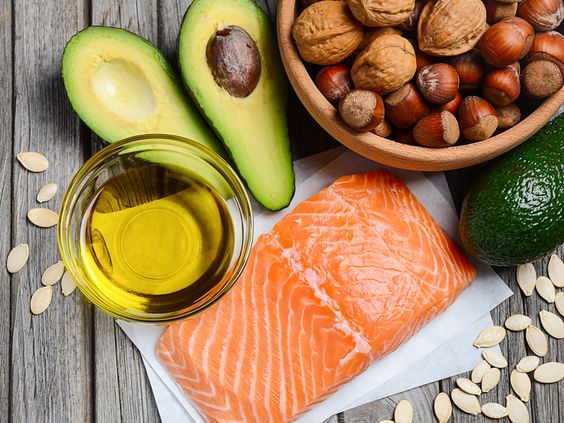Introduction
The Paleo diet, often called the "caveman diet," has become increasingly popular in recent years. It centers around the idea of eating similar foods to our hunter-gatherer ancestors from the Paleolithic era. Advocates believe this way of eating aligns with our genetics and offers various health benefits.

This article will delve deeper into the Paleo diet, examining its principles, potential benefits, and drawbacks. We'll explore the foods allowed and restricted on the diet, and provide practical tips for those considering adopting this lifestyle. Whether you're interested in weight loss, improved gut health, or simply a more natural way of eating, understanding the Paleo diet can empower you to make informed decisions about your dietary choices.
What is the Paleo Diet?
The Paleo diet emphasizes whole, unprocessed foods that our ancestors would have hunted or gathered thousands of years ago. This includes:
- Lean meats: Grass-fed beef, poultry, fish, and seafood
- Fruits and vegetables: Abundant in vitamins, minerals, and antioxidants
- Nuts and seeds: Healthy fats, fiber, and essential nutrients
- Healthy oils: Olive oil, avocado oil, coconut oil
The diet encourages avoiding foods that emerged with agriculture and modern food processing, such as:
- Grains: Wheat, rice, barley, and corn
- Legumes: Beans, lentils, and peanuts
- Dairy products: Milk, cheese, and yogurt
- Processed foods: Refined sugar, unhealthy fats, and artificial ingredients
Potential Benefits of the Paleo Diet
Proponents of the Paleo diet point to several potential health benefits:
- Weight loss: By cutting out processed foods and focusing on whole foods, the Paleo diet can lead to calorie reduction and subsequent weight loss.
- Improved blood sugar control: The emphasis on low-glycemic fruits and vegetables, lean proteins, and healthy fats may help regulate blood sugar levels.
- Reduced inflammation: The Paleo diet eliminates processed foods and refined sugars, often linked to inflammation in the body.
- Improved heart health: The diet's focus on lean proteins, healthy fats, and reduced sodium intake can contribute to improved cholesterol levels and heart health.
Considerations and Drawbacks
While the Paleo diet offers potential benefits, it's essential to consider these points:
- Restrictive nature: The Paleo diet eliminates entire food groups, which can be challenging to sustain long-term and may lead to nutrient deficiencies if not carefully planned.
- Potential for nutrient deficiencies: Excluding dairy and legumes can lead to deficiencies in calcium, vitamin D, and other essential nutrients.
- Cost: Focusing on organic, grass-fed, and wild-caught options can be expensive.
- Social limitations: Following the Paleo diet can be challenging in social settings that often revolve around food and drinks containing restricted ingredients.
Conclusion
The Paleo diet, based on consuming whole, unprocessed foods, may offer potential health benefits. However, its restrictive nature requires careful planning to avoid nutrient deficiencies. As with any dietary change, consulting with a healthcare professional or registered dietitian is crucial to determine if the Paleo diet aligns with your individual needs and health goals.





